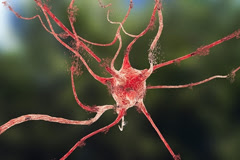| ||||||||||||||||||||||||||||||||||||
| ||||||||||||||||||||||||||||||||||||
| ||||||||||||||||||||||||||||||||||||
| ||||||||||||||||||||||||||||||||||||
| ||||||||||||||||||||||||||||||||||||
| ||||||||||||||||||||||||||||||||||||
martes, 30 de julio de 2019
Medical News | Medical Articles: Ultra-Small Microelectrode Biosensors for Brain Injury Analysis
Medical News | Medical Articles
Suscribirse a:
Enviar comentarios (Atom)































.png)












No hay comentarios:
Publicar un comentario